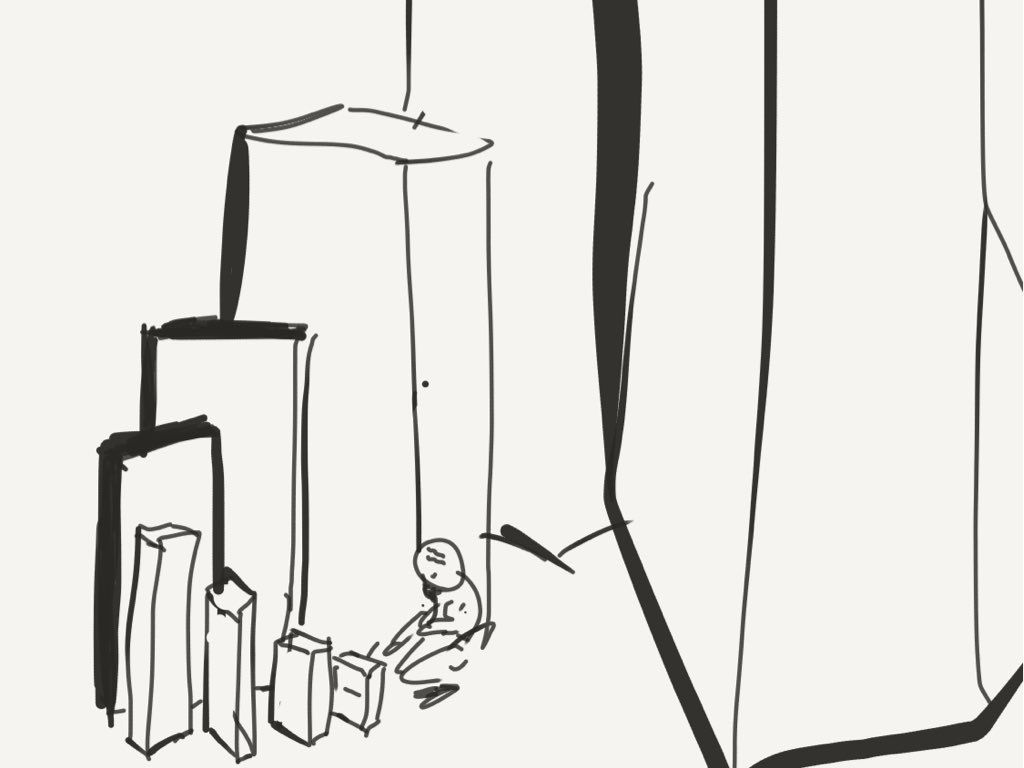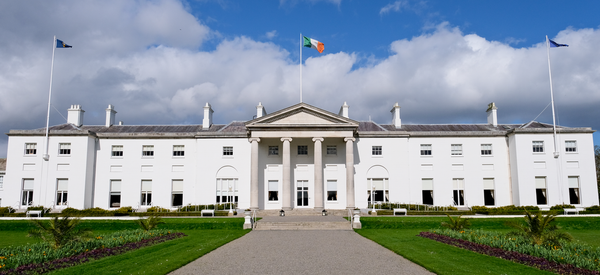The Gist: The Dry Ice of War
Lacking expertise in military tactics after Alexander the Great, we try to think obliquely about Russia’s invasion of Ukraine. This is, hesitantly, the Gist.

The phrase “the Fog of War” is often used to explain the uncertainty around both the events of individual battles and the wider decisions made around those battles. But, in the modern age, that fog has been weaponised. A deliberate effort is made to sway opinion or establish stories of what is happening. This is a deliberate flood of obstruction- The Dry Ice of War.
What follows are fragments- observations and statements which it is too early to attempt to string into a coherent argument.
Consider them each single beams of light, trying to piece the fog, but recognising it can’t be cleared yet.
***
Russia is an autocracy. So to say Russia, or the Russian government, has invaded a neighbouring country is to say that Putin has decided he will make that happen.
***
There is a war on, and we are being bombarded by propaganda.
***
Russia’s invasion is the most consequential decision that Putin has taken since he took power. It wasn’t done in response to anything happening. It is a war of choice on his part. This makes it a crime, for what that statement is worth, but also suggests that the relevant change has to have come about inside Putin. A number of experts, including some voices from Russia, have expressed surprise at the sharp break with his previous appetite for risk.

***
Putin has not defined his military aim in public. His indicated end point is a regime change. But unlike an autocracy, toppling a democratic government, or driving it into exile, isn’t the same as changing the power structure of a state. A puppet government imposed by a foreign state without popular legitimacy can only stay in power as long as it can control its population though force. Then it falls.
***
The EU now has the most profound reason to accelerate its move away from fossil fuels. No political force can turn off the wind at sea or stop the sun from shining. That sort of reliability is suddenly going to be worth money. But, because those investments aren’t going to happen overnight, there will be a spike in the demand- and cost- of all the other, currently available energy sources.
***
The success of the Russian invasion has been taken as a given. Their numbers and arms are overwhelming. But ask the United States whether superiority of numbers and arms ensured victory in Iraq. Victory is a politically defined state, not a military one and invading a stable democracy doesn’t have many of those endpoints available for the aggressors.
***
Putin has just lived through the same pandemic as everyone else. Lots of people suffered significant mental stresses during the enforced isolation and restriction of movement.
***
Meeting no support, strongly expressed opposition externally, and signs of domestic rejection of his narrative, Russia’s autocrat has immediately gone to the last item on the escalation menu and started talking about nuclear weapons. This is bad for everyone in the world, but also reveals a lack of contingency plans in Putin’s mind.
***
There have been Putin apologist or client politicians in most EU states for the last 10 years or so. Some may have been bought and paid for, others may be really have considered the enemy of their enemy to be a friend. At this point, it doesn’t matter. A period of de-Kremlinisation is likely. Familiar names will find themselves meeting chill winds.
***
Tanks are frequently a self-defeating political tool. I hope we see that defeat pan out as swiftly as possible.





